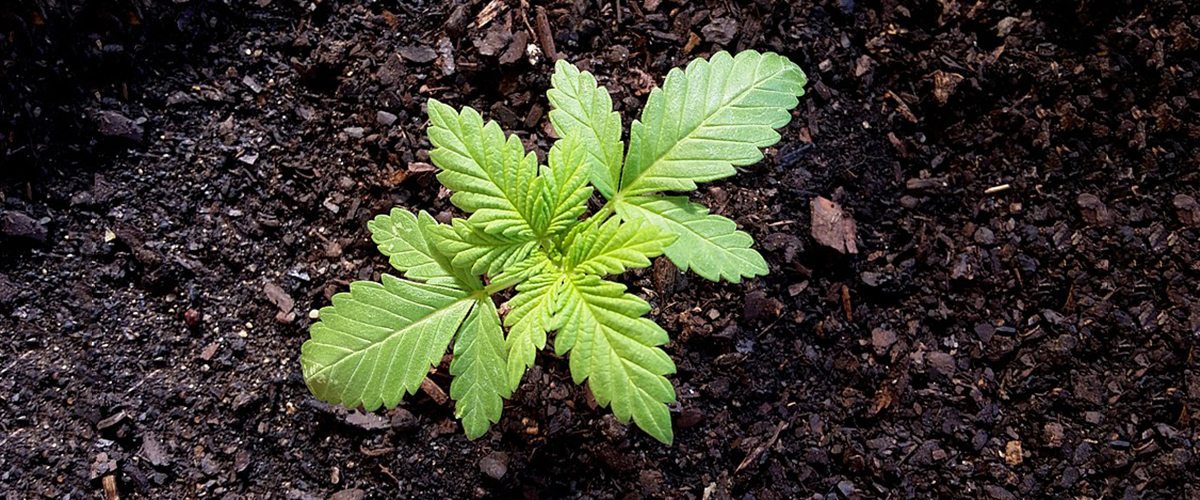Hemp crops will return to West Virginia after a 70-year dormancy as researchers at West Virginia University plan to grow and examine the plant’s potential as a soil cleaning agent and commercial commodity. For the first time since World War II, hemp seeds will be legally planted in West Virginia. A research study at West Virginia University plans to investigate the plant’s capabilities to remove contaminants from soil and to explore industrial applications following harvest. Industrial hemp is used to produce paper, food, fuel, textiles, fabrics, bioplastics, and building and construction materials. The research at West Virginia University will be lead by Agri Carb Electric Corporation, a new energy company dedicated to creating better infrastructure for farmers that produce sustainable agricultural materials. Hemp production was once prominent in West Virginia but has been dormant since 1957 when the U.S. government banned hemp over confusion of its relationship to marijuana. Hemp contains low to trace amounts of tetrahydrocannabinol (THC), the compound with psychoactive properties. Prior to hemp’s prohibition, more than 150 pounds of industrial hemp was produced in the U.S. in 1943, according to U.S. Department of Agriculture records. Legal hemp farming opportunities returned on February 7, 2014, when President Obama signed the Federal Farm Bill. A section of the bill makes hemp distinct from marijuana and legally allows institutions of higher education or state departments of agriculture to conduct research and pilot programs. With the new harvest, West Virginia will join 23 states that have already decided to take advantage of the industrial hemp research and pilot program division. Agri Carb representatives believe the benefits of hemp production are multifaceted. The crop, they claim, can help improve the soil conditions of contaminated brownfields throughout the state through a process called phytoremediation, while simultaneously strengthening the state’s economy. “There are a lot of contaminated brownfields throughout West Virginia that people find too expensive to cleanup,” said Agri Carb’s Chief Executive Officer Don Smith II. “We can be a complement to the state’s coal and gas industries by using a hemp cash crop to revitalize spoiled lands. This research should interest every post-industrial community in West Virginia to invest (with grants) and monetize what is now considered worthless.” Additional to West Virginia University’s study, two West Virginia political candidates plan to cultivate commercial hemp this season. Mike Manypenny-D, a candidate for U.S. House of Representatives, and J. Morgan Leach-D, running for the West Virginia House of Delegates will grow industrial hemp in Grafton and Parkersburg, respectively. “I am excited to be the first Congressional candidate to be a hemp farmer since Thomas Jefferson,” said Manypenny. Leach, who also serves as the Executive Director of the West Virginia Hemp Farmers Cooperative, is enthusiastic about hemp farming possibly helping his state manage its current economic struggles. “We want to encourage commercial growers throughout the state because the demand for domestic hemp will continue to increase,” he said. “Hemp can be catalyst for agriculture in West Virginia providing farmers with a high yield cash crop, but the real impact will come in the downstream industries that will provide jobs in both the industrial and energy sectors of the state.” Hemp has the potential of becoming a significant commercial industry for the U.S. Currently, the U.S. imports more hemp than any other country in the world, and the total retail value of hemp products sold in the U.S. reached $573 million in 2015, according to Hemp Industries Association. Allowing hemp to be grown domestically on a commercial scale would provide a significant economic boost to U.S. processors and manufacturers.[/vc_column_text][/vc_column][/vc_row]]]>
oklahoma voters will get decide medical marijuana june
January 4, 2018 By: Kim Nunley A statewide ballot measure to legalize the use,...






